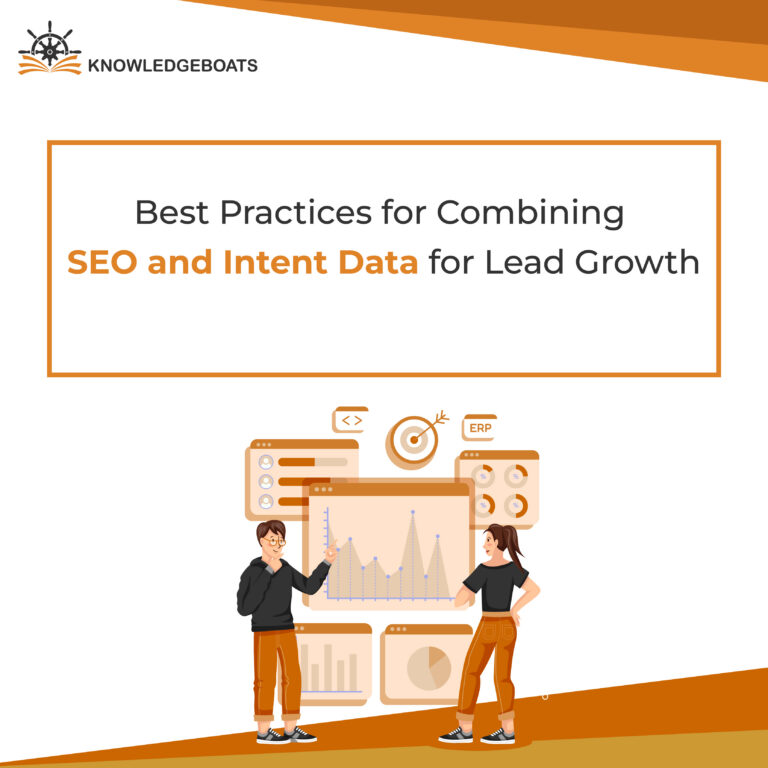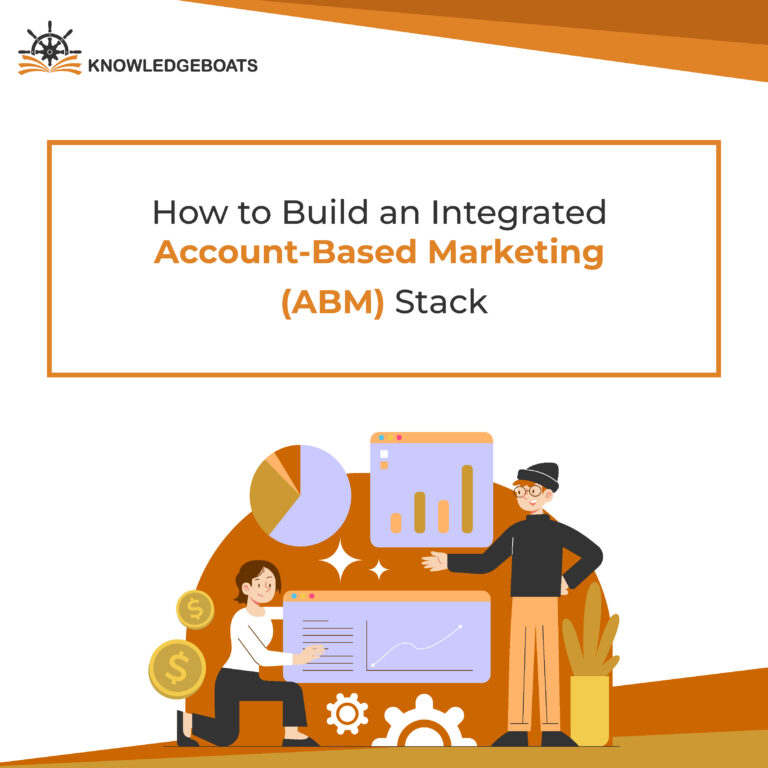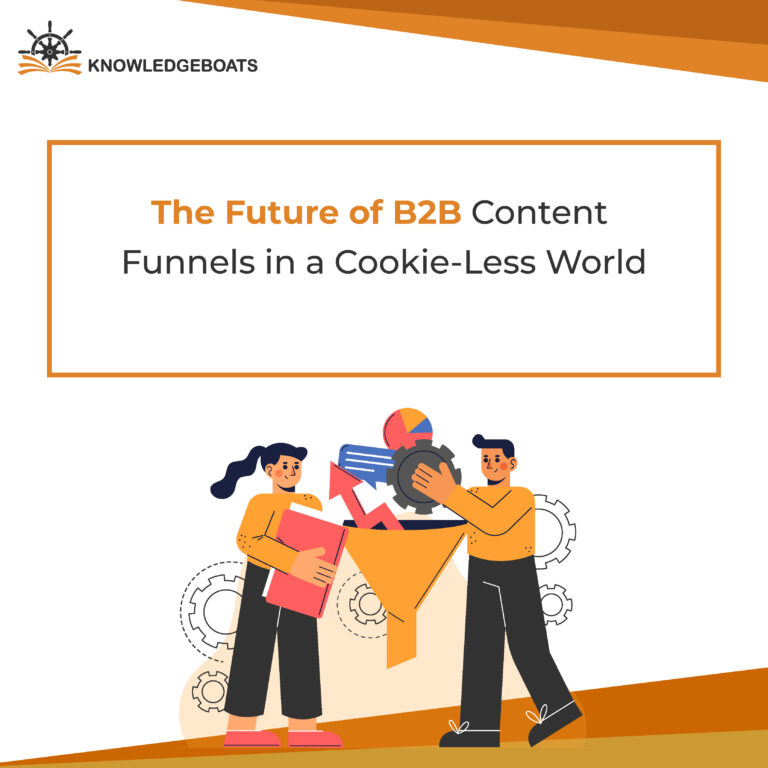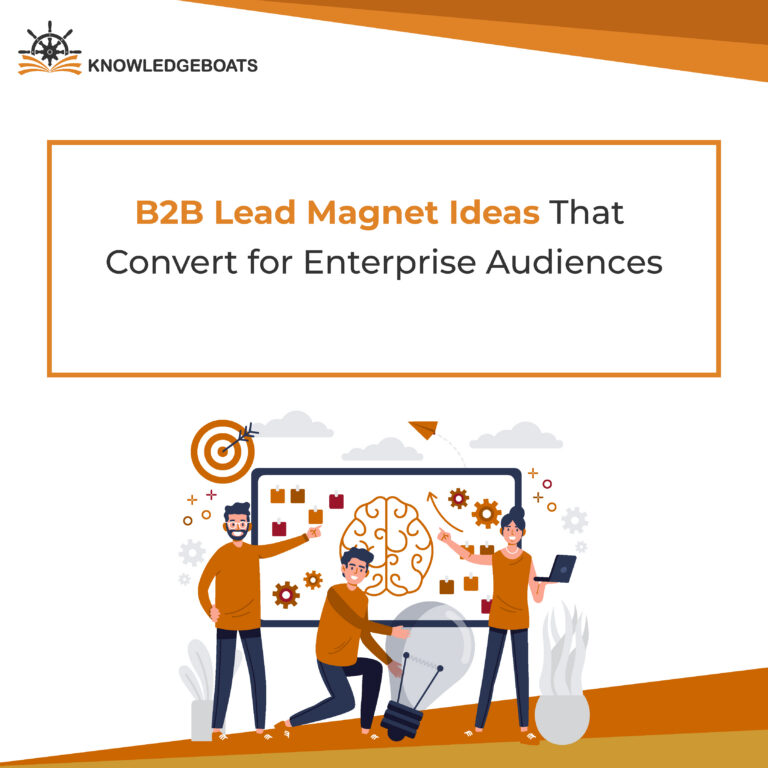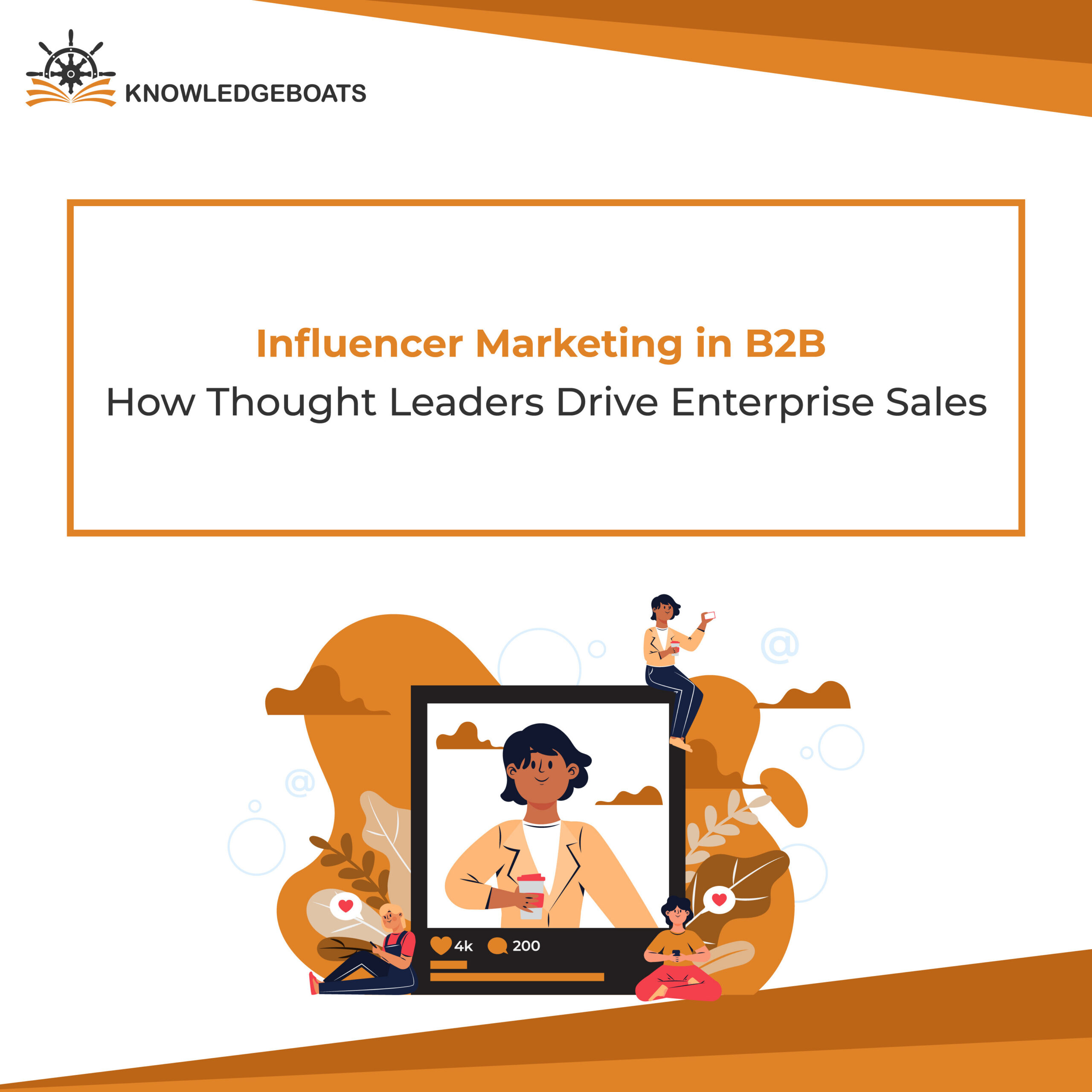
For a long time, if you brought up “influencer marketing” in a B2B strategy meeting, you’d probably get a polite eyeroll. The whole concept felt like it belonged to the B2C world of fashion hauls and sponsored posts, a universe away from the complex, high-stakes reality of enterprise sales.
But the B2B buyer has changed, and our playbook has to change with them. Our prospects are tuning out brand-speak. They’re self-educating in closed communities, on LinkedIn feeds, and by listening to a small handful of experts they genuinely trust.
This is the new landscape for B2B influencer marketing. It’s not just finding celebrities but also earning credibility by association. It’s a strategic move to align your brand with the B2B thought leaders who already hold sway over your target accounts, moving from being the one who shouts the loudest to being the solution that the smartest people in the room are talking about.
This Isn’t B2C
The difference between B2B and B2C influencer marketing is a completely different sport.
B2C influencer marketing often plays on aspiration and reach. Influencer marketing for B2B, on the other hand, is built on authority and resonance.
Your key influencers are practitioners, the industry analysts publishing the research your buyers quote, the veteran VPs sharing candid advice on LinkedIn, or the niche consultants who have solved your customer’s exact problem a dozen times. A smart B2B influencer strategy is the size of the audience and the authority of the voice.
Why This Is Your New Secret Weapon in Enterprise Sales
Nobody puts their job on the line for a seven-figure software purchase because they liked a banner ad. An enterprise deal is a complex, high-risk decision made by a committee of skeptical stakeholders. Your real job is to make that decision feel safe.
This is where thought leadership in B2B marketing becomes your lever. The connection between B2B buyer trust and influencers is the most direct line you have to build confidence.
- You Borrow Trust at Scale. When a respected expert validates your approach, their credibility becomes your credibility. It’s a powerful shortcut that bypasses the natural skepticism buyers have toward any brand’s claims. This is trust building through influencers in its purest form.
- You Give Your Internal Champion Air Cover. Every deal needs a champion inside the target account. These are the people who fight for your solution in meetings you’re not invited to. Arming them with content from a neutral, trusted expert gives them the third-party validation they need to build consensus and win over the CFO.
- You Shift from “Selling” to “Advising.” The best expert-led B2B marketing doesn’t feel like a pitch. When a thought leader explains the “why” behind your solution or frames the industry problem you solve, it’s received as valuable education, not advertising.
From First Touch to Final Signature
This isn’t just a brand-awareness play. A well-executed strategy for influencer marketing enterprise sales impacts the entire pipeline.
Top of Funnel: Getting on the Radar
Here, the goal is to become part of the critical industry conversations.
- Signature Content Collaborations: Think co-authoring a definitive industry report or hosting a high-level webinar with a panel of experts. These content-driven influencer campaigns position you as a thought partner.
- LinkedIn is Ground Zero: LinkedIn influencer marketing B2B is essential. Having an expert share their authentic perspective on a trend and framing your solution as a key part of it drives engagement from an audience of decision-makers.
Middle of Funnel: Building the Business Case
Once they know who you are, you need to build preference and confidence.
- Authentic Walk-throughs and Reviews: A video of a seasoned practitioner using your platform to solve a real problem is ten times more powerful than your most polished sales demo.
- Strategic Social Proof: Weaving quotes from trusted voices into your whitepapers and case studies gives your claims the weight of third-party authority.
Bottom of Funnel: Closing the Deal
This is where confidence becomes commitment.
- Arming Your Sales Team: Social selling with thought leaders means your account executives can share a timely post or article from an expert that directly counters a prospect’s objection. It’s the ultimate “don’t just take my word for it” tool.
- The Analyst Nod: In a bake-off between you and a competitor, a positive mention in a key analyst report can be the deciding factor that gets the deal across the line.
Building This Step by Step
Ready to make this happen? This is about building relationships.
- Hunt for Authority, Not Eyeballs: Forget massive followers counts. Find the person the CTOs at your target accounts listen to. Deep expertise and an engaged, senior audience are worth far more than broad reach.
- Make it a Partnership: The best work comes from co-creation. Invite influencers to collaborate on a piece of content that benefits both of your audiences. Their genuine buy-in is what makes the content credible.
- Don’t Script Them. Guide Them. You’re partnering with them for their unique voice and perspective. Give them a clear brief and full access to your team, but let them be authentic. The second it sounds like a paid ad read, the trust evaporates.
- Measure What the CFO Cares About: Go beyond vanity metrics. Track how your influencer programs are sourcing or influencing pipeline, the quality of those leads, and the velocity of those deals. This is how you prove the ROI of influencer-driven demand generation.
The B2B world is noisy. Your buyers have their filters up. The only way to cut through is to earn your way in. By partnering with the B2B thought leaders your customers already trust, you’re reaching their audience and borrowing their authority.
In enterprise sales, trust isn’t part of the game. It is the game.
